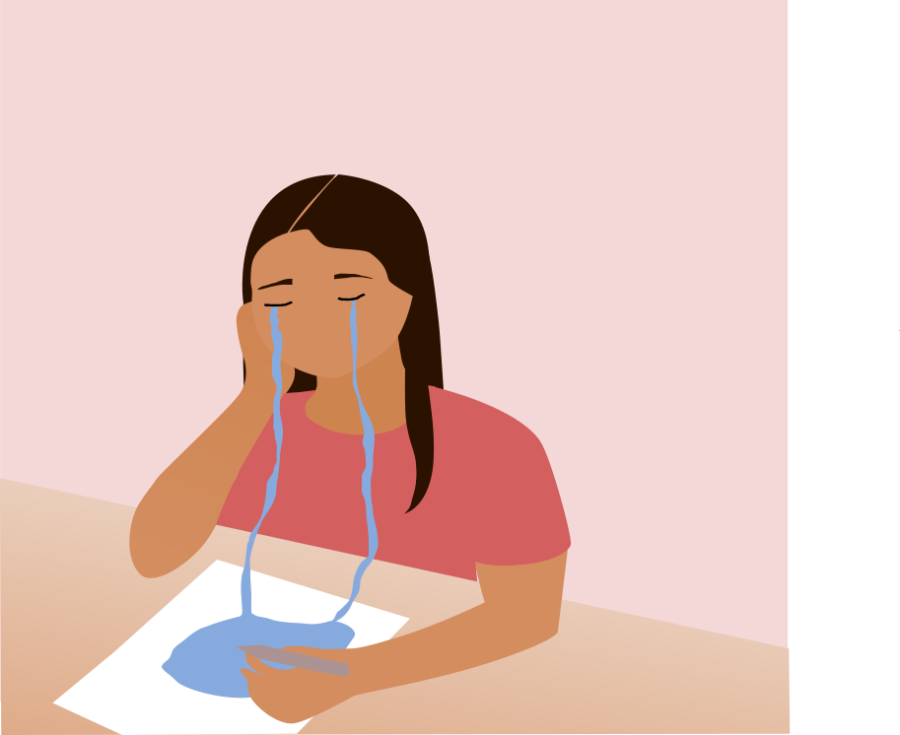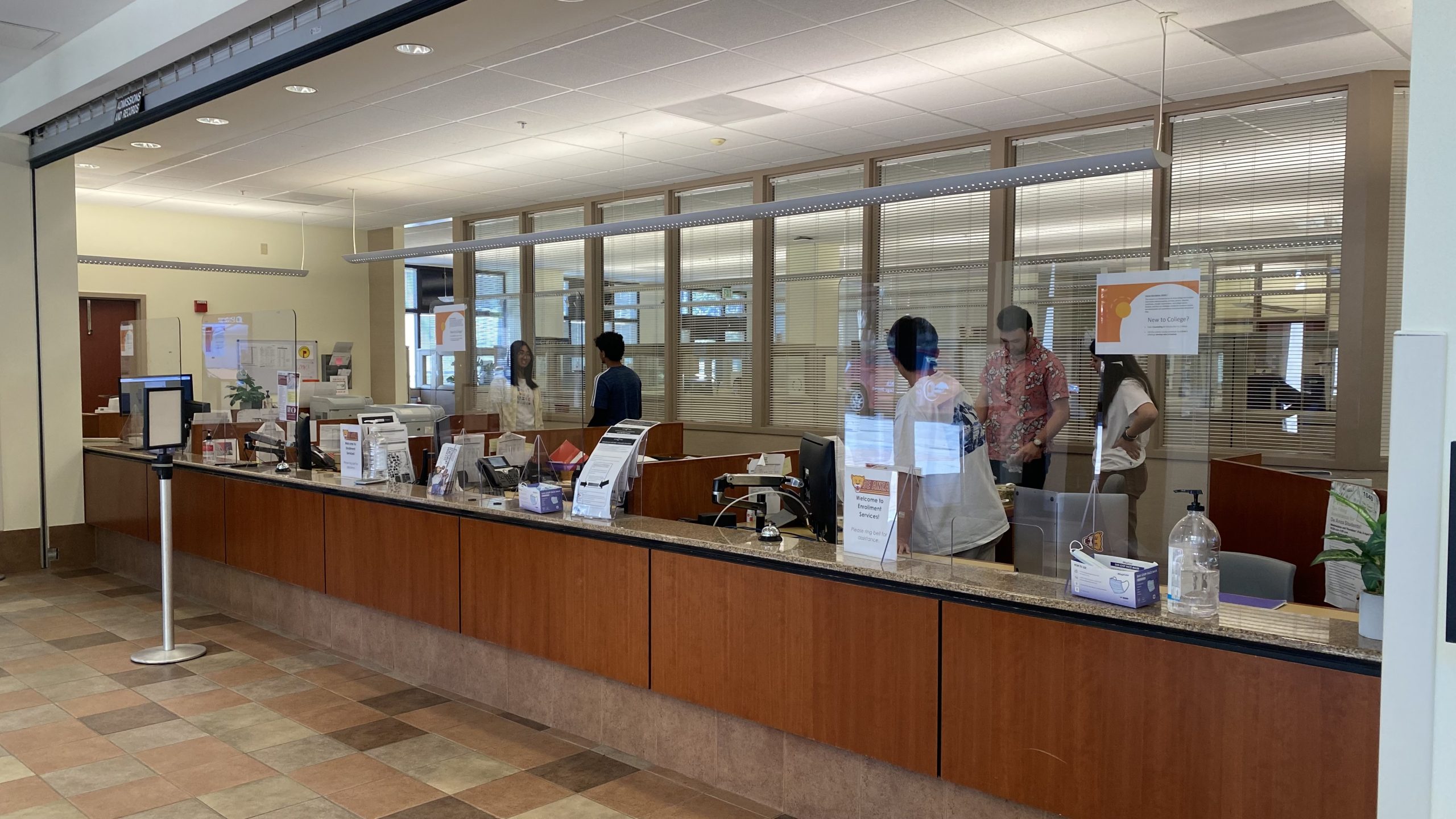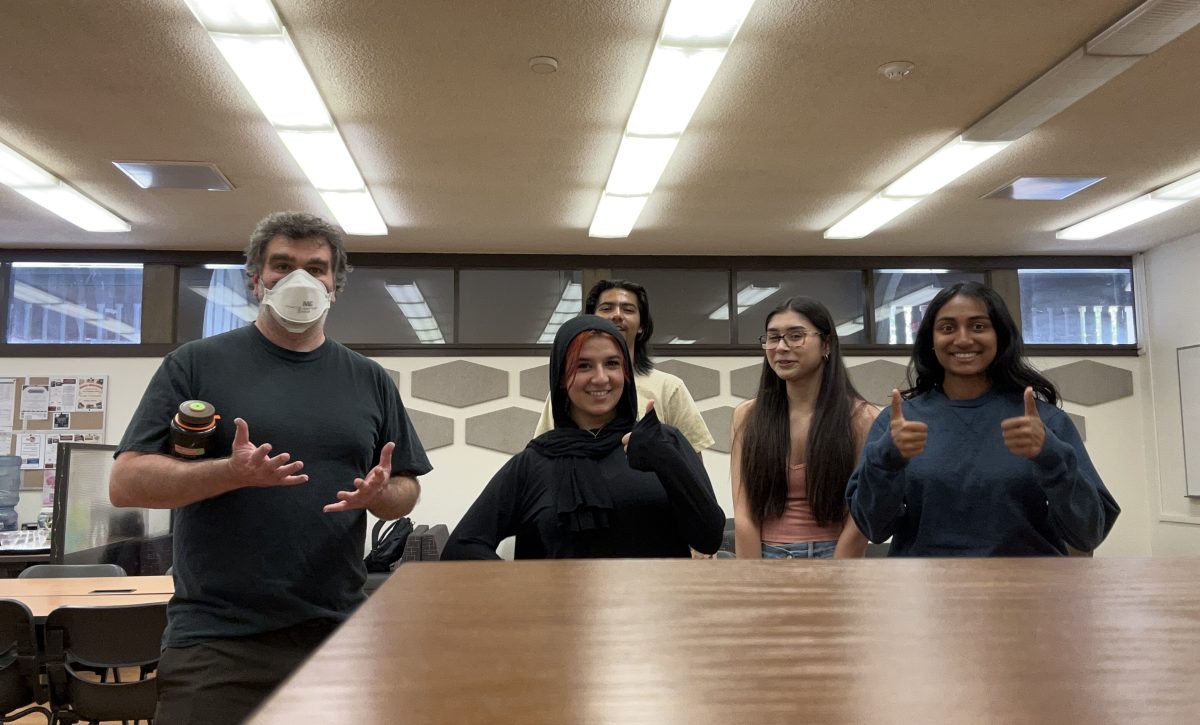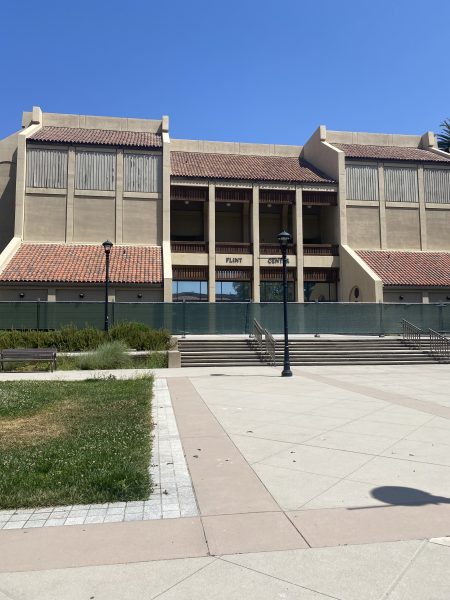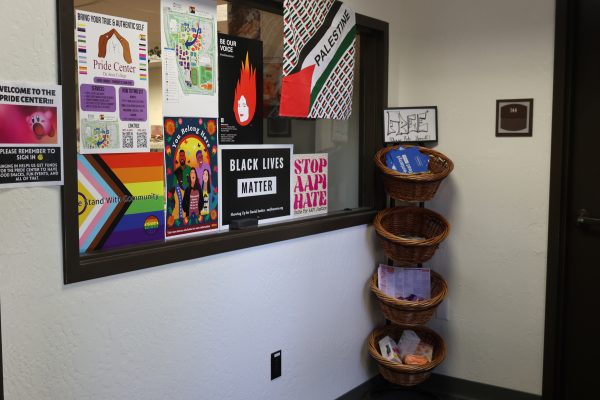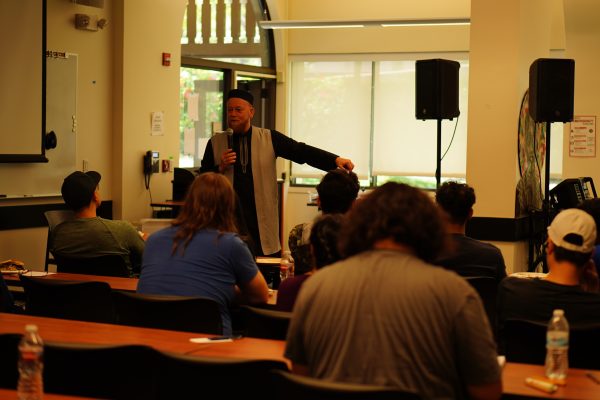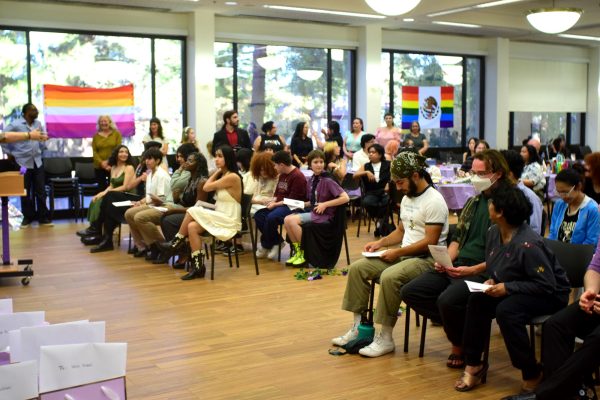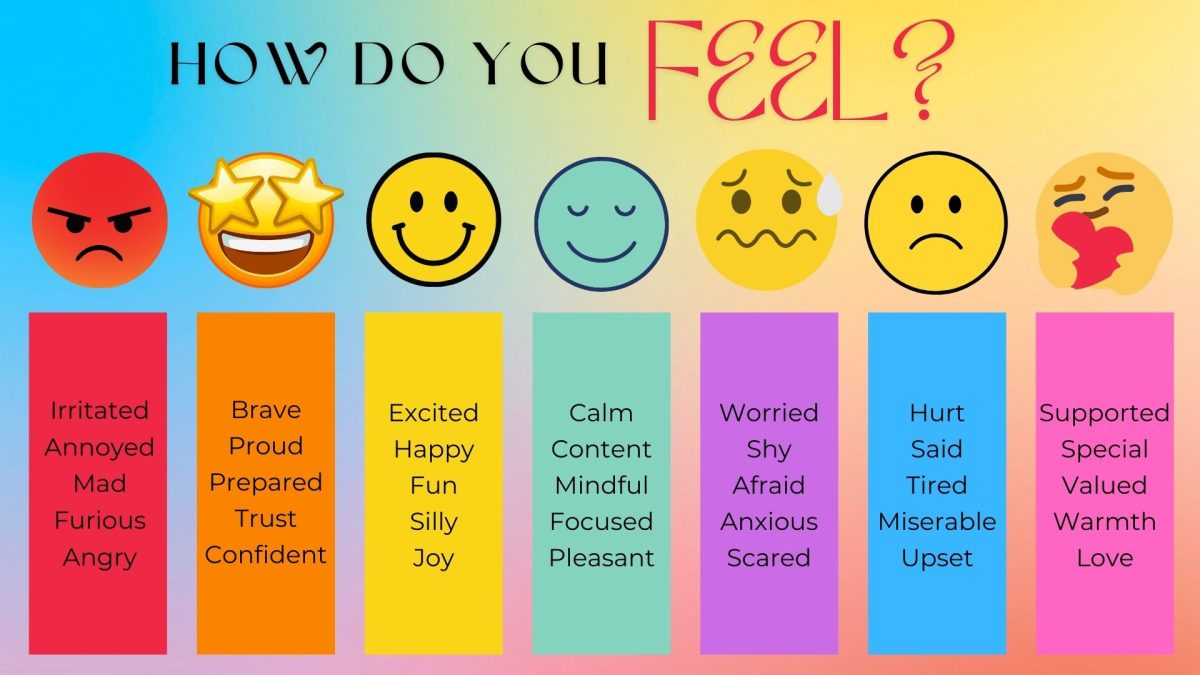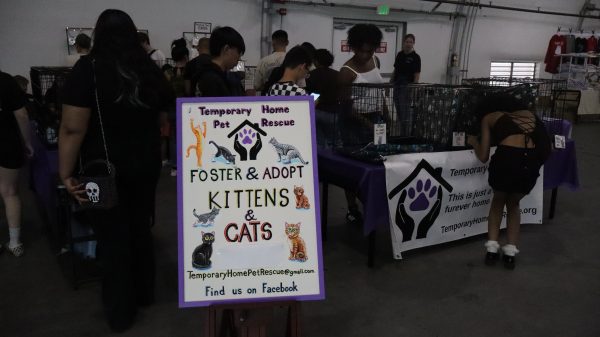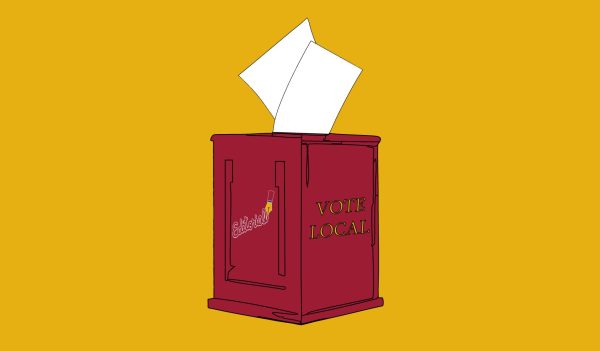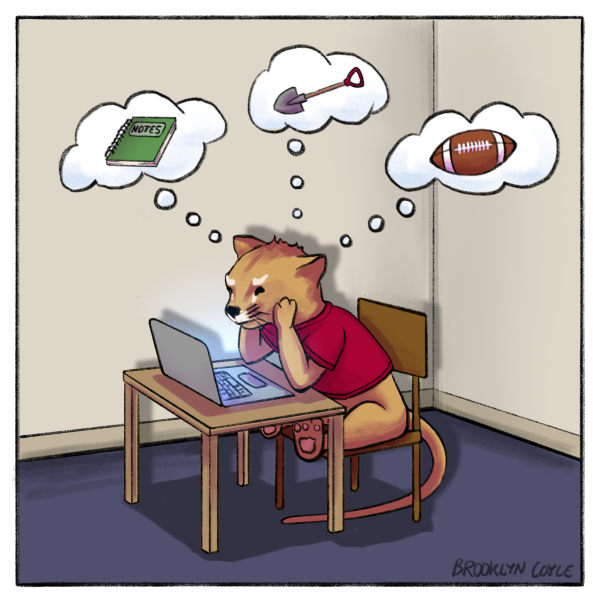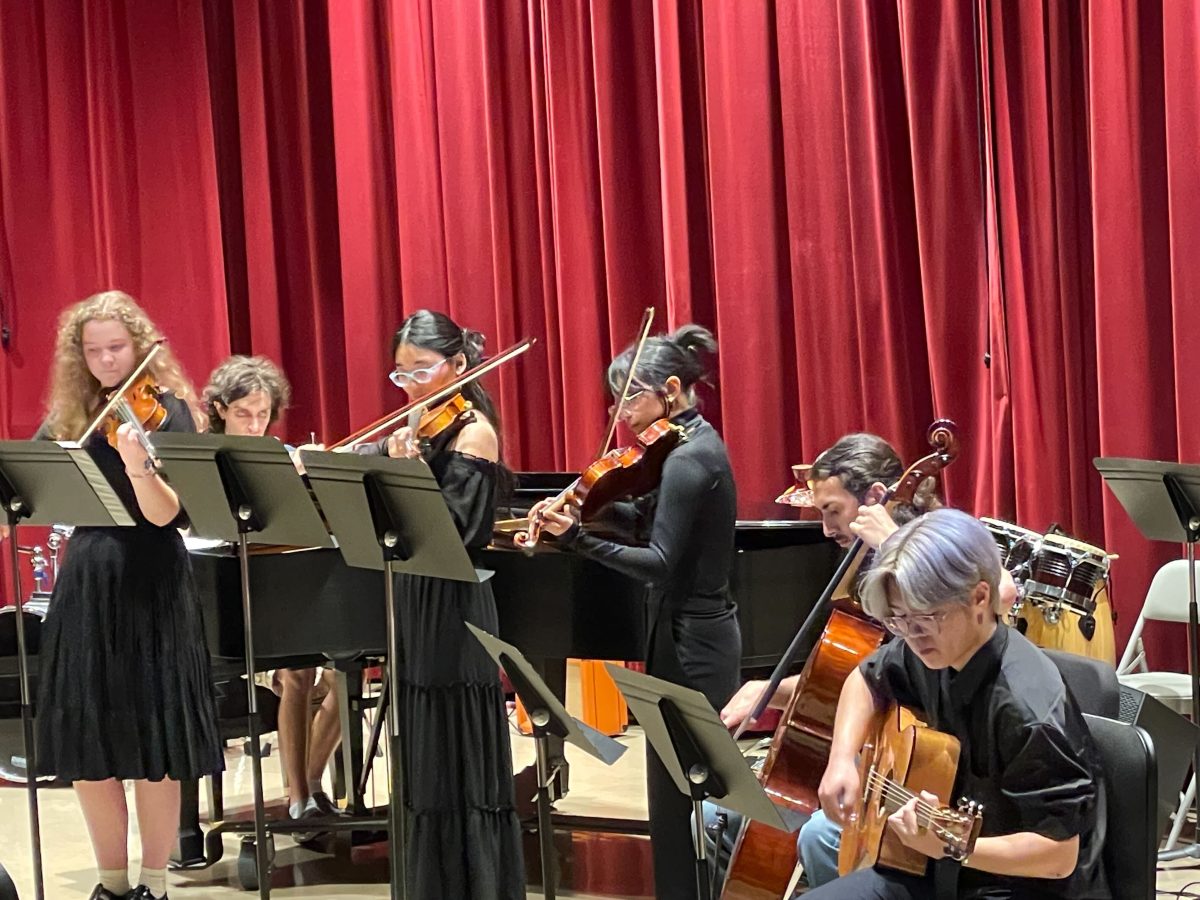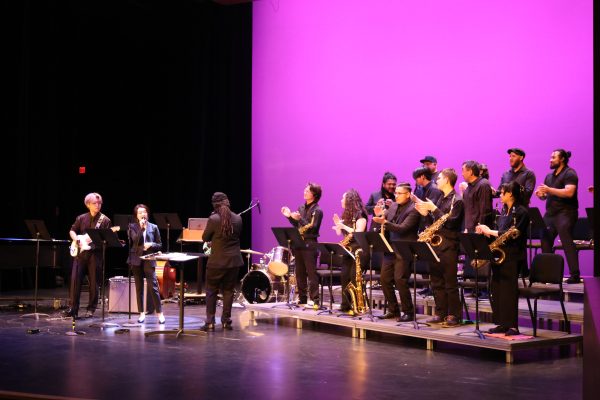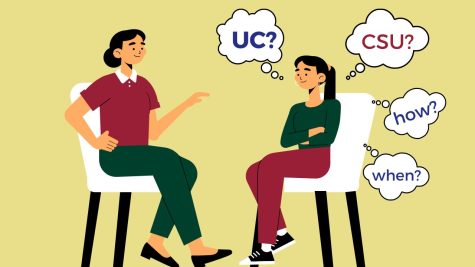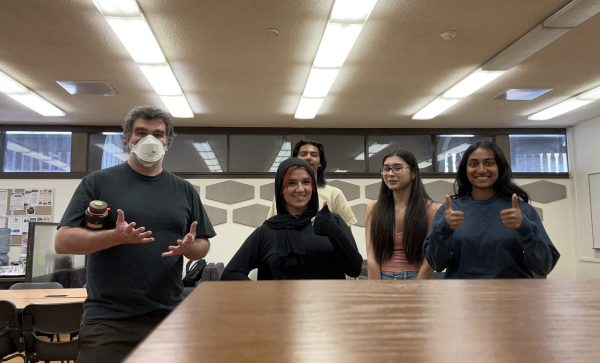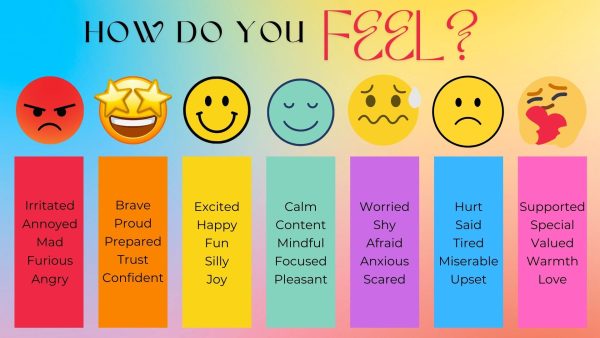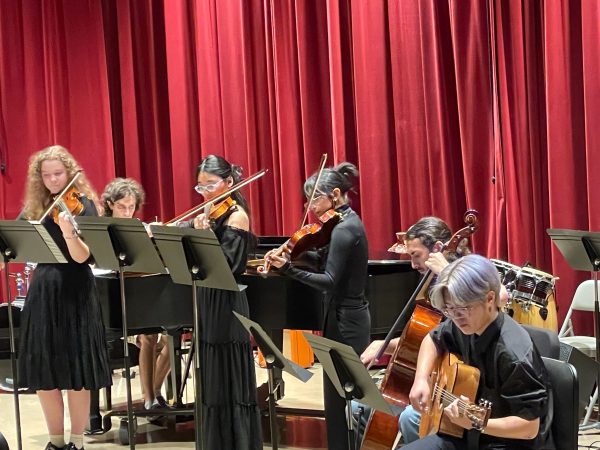‘Struggle Essay’ of college applications trespasses moral boundary
May 21, 2023
As my time to start university transfer applications approaches, I find myself inundated with college related content while I scroll through my social media accounts or check my personal emails.
Every time this happens, I am once again reminded of the feelings of stress and dread that await me in the future as I make my way through the college admissions system for the second time.
Applying for college is a taxing and high-stakes process. It sometimes becomes difficult for prospective students to separate their own self-worth from their acceptance and rejection letters due to the endless amounts of time and effort invested.
One aspect of college applications that is particularly damaging is the normalization and encouragement of “struggle essays” as personal statements. Many institutions ask aspiring students to chronicle their greatest obstacles, perhaps to gain insight into their character or to see if they would be a good fit for the campus.
However, I believe that this practice is ineffective because it is built on assumptions that enable a toxic culture around the idea of personal hardship and trivialize mental health.
The application for the University of California system features a Personal Insight Question (PIQ) that states: “Describe the most significant challenge you have faced and the steps you have taken to overcome this challenge. How has this challenge affected your academic achievement?” This prompt, while somewhat open-ended, is clear in its solicitation: open up, to a faceless stranger, about the most difficult experience of your life, in 350 words or less.
This forces an expectation onto the individual to show an extreme level of vulnerability to a person that they probably won’t ever meet, yet has the power to determine the trajectory of their future from a mere few paragraphs.
Additionally, it makes an assumption that one must have learned or gained something from this struggle, and that they will have resolved their issues by the time of their application.
Enduring hardship is an important part of life that can indeed shape an individual, but sometimes bad things just happen. Expecting someone to always find value in their struggles enforces toxic positivity that can invalidate their experiences and criticisms of the issues that they may face.
Furthermore, the normalization of this notion leads to the conflation of one’s application with their struggles, and by extension, themselves. In many ways the application system becomes a contest of who struggled the most, with an acceptance letter as the prize.
When a student is rejected they may feel as if their struggles were not valid enough. If they are accepted, they may feel like they are perceived only as their struggles.
As students face structural and societal inequities in their daily lives, they may feel compelled to write about them in their college essays. However, many sources of admissions advice generally advise against these topics, stating that they may be too common or cliché.
Aside from it being discriminatory, this assumption glosses over a greater implication— the fact that these problems are so widespread and severe that they impact the lives of large groups of people. This in turn exploits the negative effects without actually addressing them.
Because of this students feel pressured to capitalize on their traumatic experiences and package them up into readable, feel-good fairytales of 650 words or less for the uncertain sake of their futures, often before they are even able to process their feelings.
It can be argued that writing about a negative experience may help someone process their emotions surrounding it. While I agree that it is possible, the small space and strict guidelines of a college admissions essay does not provide an accommodating environment to do so.
Admittedly, I don’t believe the struggle essay should be taken away completely. With a better approach, it can become a good outlet for students and colleges alike.
On an institutional level, this would entail university admissions departments being more transparent about their evaluation process and what they seek in student applications. This would ease the burden of uncertainty for students and discourage harmful behavior for and on applications.
A good first step for applicants is to simply be aware of and stop oneself from falling into the dangerous aspects of the struggle essay. When crafting such a response, students should be mindful in the assessment and portrayal of their feelings to avoid letting their negative experiences define and take over their self image.
Additionally, we should work to change the culture around the romanticization of suffering that is prevalent in our society, as it contributes to our current perception of these struggle essays.
With every new application cycle college admissions only become more competitive. The application process is already difficult enough, so expecting students to pour their hearts out for a simple yes or no only serves to further reduce their confidence and perceptions of themselves.
In a system where you will inevitably be compared to countless others, it’s important to acknowledge that everyone endures hardships and everyone’s hardships are valid, regardless of whether or not they can be spun into an inspiring story that fits within a word limit.



